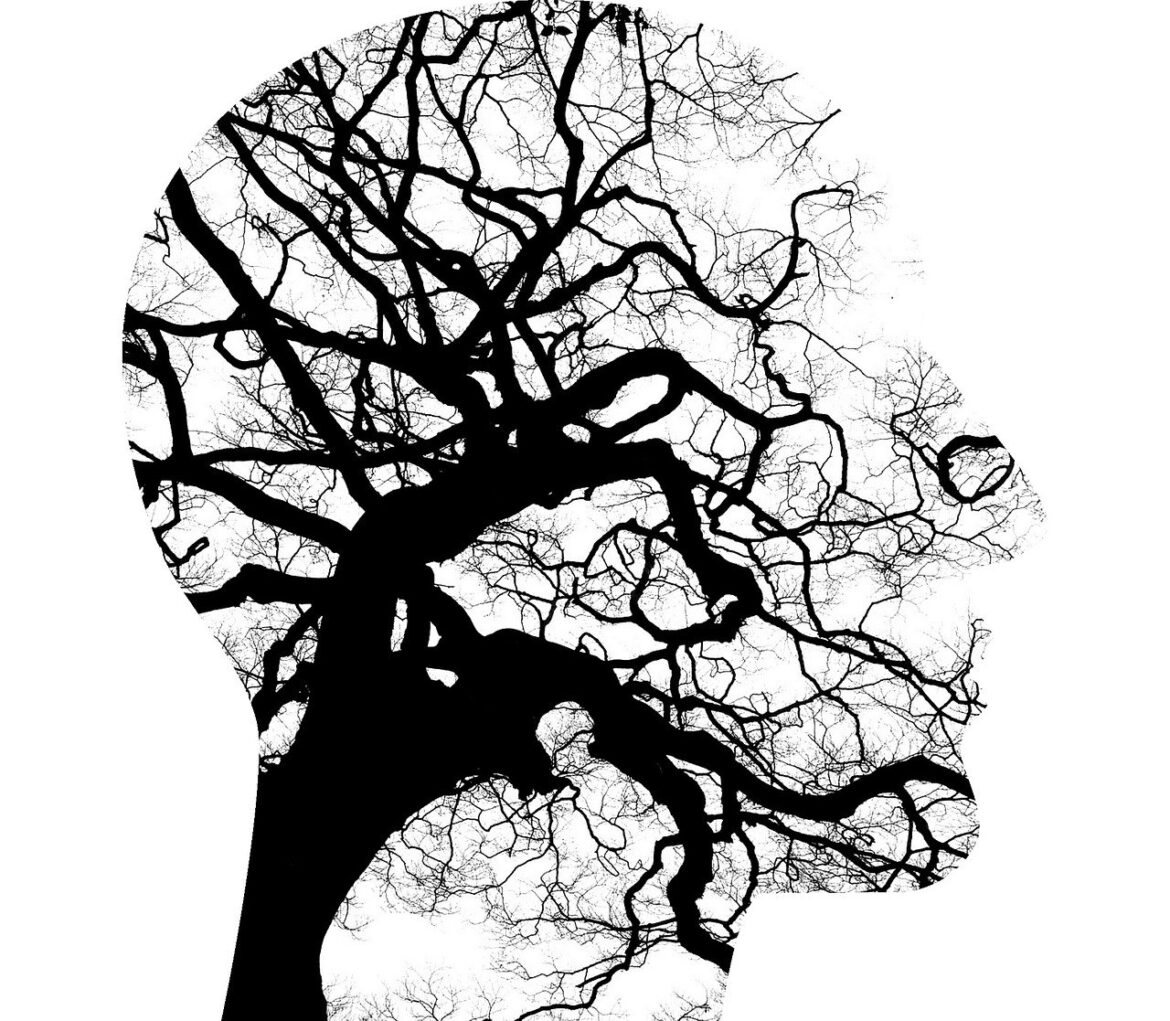
Anxiety
Anxiety disorders are a group of mental health conditions characterized by excessive worry, fear, and apprehension that can significantly interfere with daily life. Common types include generalized anxiety disorder (GAD), social anxiety disorder, panic disorder, and specific phobias. Living with anxiety can be debilitating, as it often leads to physical symptoms like rapid heartbeat, sweating, and restlessness, affecting overall well-being.
The treatment of anxiety disorders typically involves a combination of therapeutic, lifestyle, and, in some cases, medication-based approaches. Psychotherapy, such as cognitive-behavioral therapy (CBT), is highly effective. It helps individuals identify and challenge irrational thoughts and develop coping strategies to manage anxiety.
In some instances, medication may be prescribed, particularly for severe cases or when symptoms significantly impair daily functioning. Common medications include selective serotonin reuptake inhibitors (SSRIs) or benzodiazepines, but their usage should be closely monitored by a healthcare professional due to the potential for dependency.
Lifestyle modifications are also crucial in managing anxiety. Regular exercise, a balanced diet, sufficient sleep, and stress-reduction techniques like meditation or yoga can help alleviate symptoms. Limiting caffeine and alcohol intake can also be beneficial.
Additionally, a strong support system consisting of friends, family, or support groups can provide emotional comfort and understanding. Ultimately, the treatment of anxiety disorders is highly individualized, and a comprehensive approach that considers the unique needs and circumstances of the individual is essential for achieving lasting relief and improved quality of life. Seeking professional help is the first step toward managing anxiety effectively.
You don’t have to control your thoughts; you just have to stop letting them control you.” — Dan Millman
